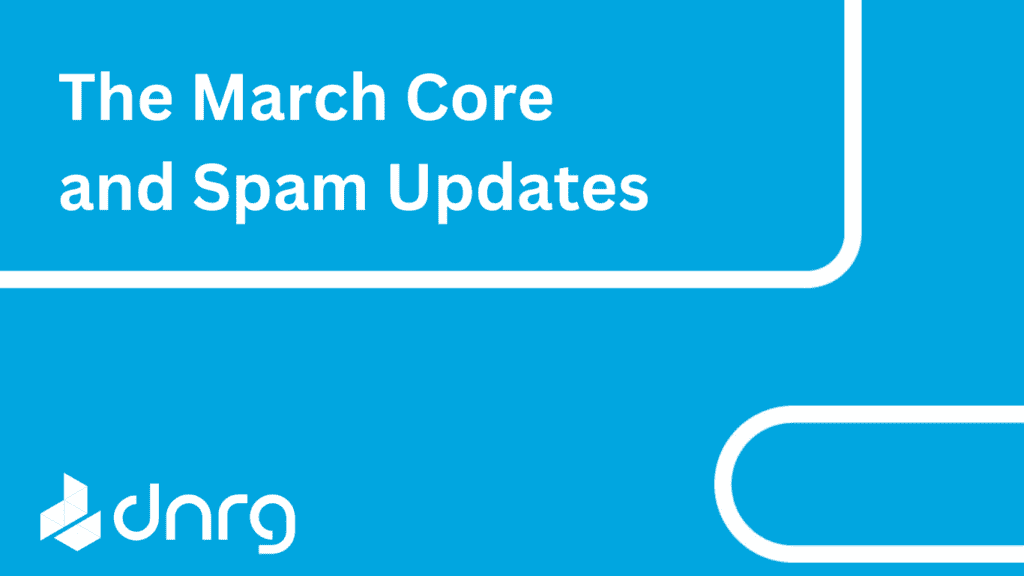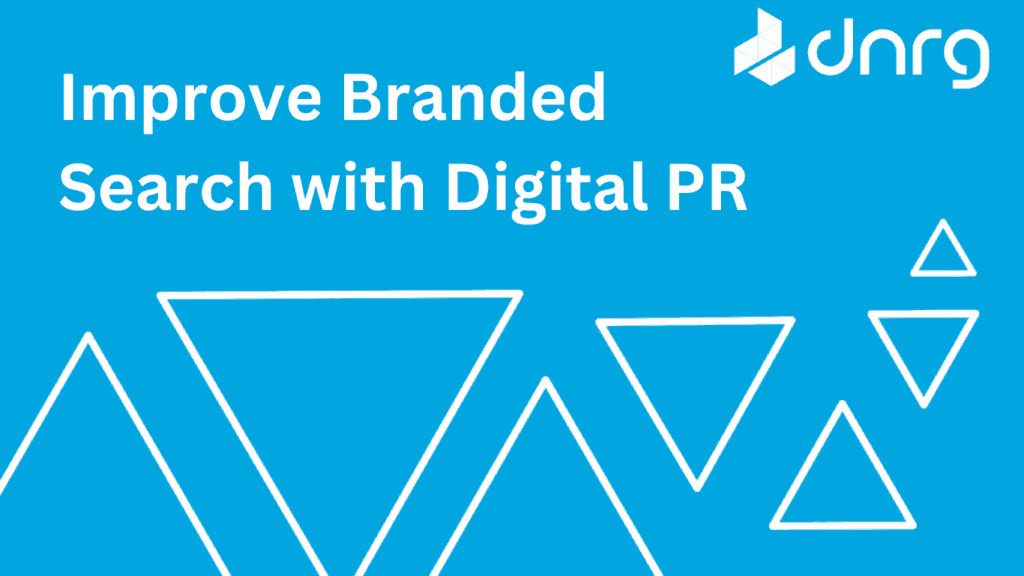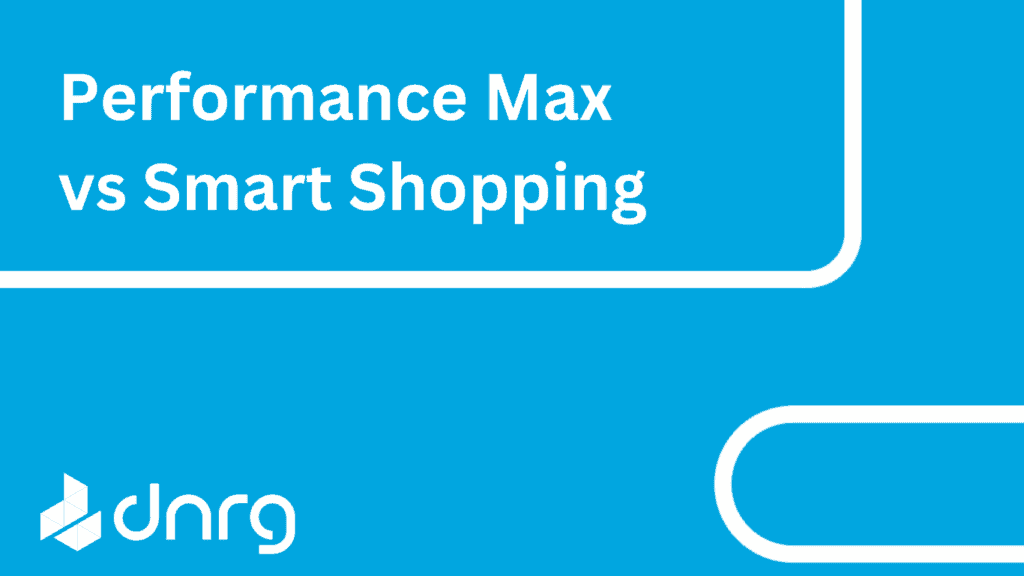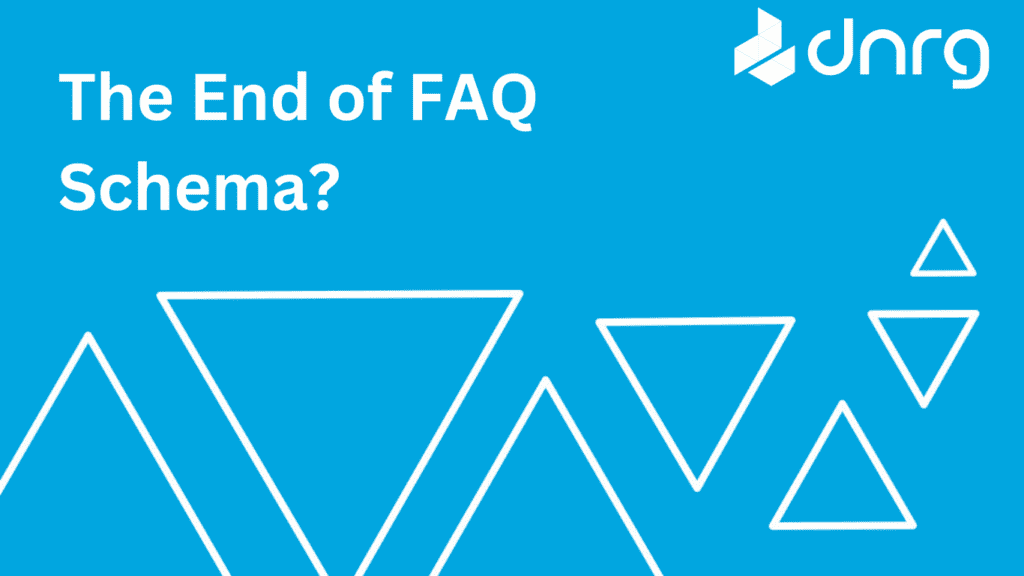Panda, Pigeons, Hummingbird, Pirates and Fred – Google’s Algorithm Updates Explained
 Working with Google’s algorithm is the key to success for ranking your business website using a search engine optimisation (SEO) service, getting the highest quality score and lowest possible ‘cost per click’ (CPC) in Google Adwords and generally driving targeted leads to your website and business. Google Panda, Penguin, Pirate and Fred updates can add a layer of confusion on how exactly to get the best results for your website. Digital NRG explains the different types of Google updates, how not to get your website penalised and how best to work with them.
Working with Google’s algorithm is the key to success for ranking your business website using a search engine optimisation (SEO) service, getting the highest quality score and lowest possible ‘cost per click’ (CPC) in Google Adwords and generally driving targeted leads to your website and business. Google Panda, Penguin, Pirate and Fred updates can add a layer of confusion on how exactly to get the best results for your website. Digital NRG explains the different types of Google updates, how not to get your website penalised and how best to work with them.
Google Panda Updates
Google Panda is an algorithm used to assign a content quality score to web pages and downrank sites with low-quality, spammy, or thin content. Initially, Panda was a filter rather than a part of Google’s core algorithm, but in January 2016, it was officially incorporated into the ranking algorithm. While this doesn’t mean that Panda is now applied to search results in real time, it does indicate that both getting filtered by and recovering from Panda now happens faster than before.
What Google Looks for:
- Duplicate content
- Plagiarism
- Thin content
- User-generated spam
- Keyword stuffing
- Poor user experience
How to work with Google Panda
In essence, the content of your website should be your own. Articles, blog posts and pages should have at least 600 words (ideally 800), be easy to read, relevant to the subject.
There is actually some debate regarding “duplicate content”. There are many websites, even large international company websites, that have similar, if not identical copy on many pages – and all rank well. Look at websites such as “Domino’s Pizza” where every page detailing the local branches are identical, except for the contact details.
Google Penguin Updates
Google Penguin aims to identify and downrank sites with unnatural link profiles, deemed to be spamming the search results by using manipulative link tactics. Since late 2016, Penguin is part of Google’s core ranking algorithm and operates in real time, which means that penalties are now applied faster, and recovery also takes less time.
What Google Looks for:
- Links coming from poor quality, “spammy” sites
- Links coming from sites created purely for SEO link building (PBNs)
- Links coming from topically irrelevant sites
- Paid links
- Links with overly optimised anchor text
How to work with Google Penguin
Up until 2016, it was possible to rank a website simply by buying links to your website. The relevance of the links to your business was somewhat irrelevant, it was the number of links that mattered. Also, many websites linked out to other websites as a return of the favour of the other website linking back to them. These practices were the focus of Google Penguin.
Links coming into your website – it is impossible to stop a website linking to your website. Use one of the many platforms available to monitor the links and websites aimed at your website. If you find any that look spammy or from low-quality websites you can use the “disavow” process to request Google to ignore the link. As the Google Penguin update is “live” – this process should be done on a regular basis, ideally monthly.
Linking out from your website – linking to another page on your website will not be affected by Google Penguin. However, you should be mindful of websites that your websites link to. Only link your page or website to internal pages of your own website or authority pages of other websites. Offering content value by linking to authority websites on the given topic will actually be rewarded by Google.
Google Pirate Updates
Google’s Pirate Update was designed to prevent sites that have received numerous copyright infringement reports from ranking well in Google search. The majority of sites affected are relatively big and well-known websites that made pirated content (such as movies, music, or books) available to visitors for free, particularly torrent sites. That said, it still isn’t in Google’s power to follow through with the numerous new sites with pirated content that emerge literally every day.
Hazards
- Pirated content
- High volume of copyright infringement reports
How to work with Google Pirate
99.999% of websites will not be affected by the Google Pirate updates. Normal business websites will not be offering music or videos. When adding images to your website, do not copy/paste them from the internet and buy them from reputable image websites to ensure you do not get reported for “copyright infringement”. If displaying images of a product – make sure you have written permission from the manufacturer.
Google Hummingbird Updates
Google Hummingbird is a major algorithm change that has to do with interpreting search queries, (particularly longer, conversational searches) and providing search results that match searcher intent, rather than individual keywords within the query.
While keywords within the query continue to be important, Hummingbird adds more strength to the meaning behind the query as a whole. The use of synonyms has also been optimised with Hummingbird; instead of listing results with the exact keyword match, Google shows more theme-related results in the SERPs that do not necessarily have the keywords from the query in their content.
Hazards
- Exact match keyword targeting
- Keyword stuffing
How to work with Google Hummingbird
Not that long ago if you wanted to rank your website for a product you made the title of the website the product name and you wrote the name of the product numerous times in the copy. If you work with Google Hummingbird you will actually be rewarded in rankings and website visitors, more than any other Google update.
Think about the different ways that people might search for your product or service. Write down 2 or 3 problems that people may be searching for and also write down 5 ways that people could search for the solution – write your website copy around these and you will likely rank, not only for the main keyword but for the many different ways that people could search for your product.
As an example, Digital NRG offers SEO services. The 3 “problems” people could search for are “How to rank on page 1 of Google?”, “Why can’t I find my website on Google?” or “Get more visitors to my business website?”
The “solution” searches could be “best SEO company in Bristol”, “Google Experts”, “Lead generation services”, “SEO Agency” or “Digital Marketing specialists” – write content around these problems/solutions and your website will soon rank for them.
If writing about a certain product or service, ensure that the actual product or service keywords are used less than 2% of the copy, ideally 1%. I.e. if writing 500 words, mention it 5 times at most. This will avoid being penalised for “keyword stuffing”.
Google Pidgeon Updates
Google Pigeon (currently affecting searches in English only) dramatically altered the results Google returns for queries in which the searcher’s location plays a part. According to Google, Pigeon created closer ties between the local algorithm and the core algorithm, meaning that the same SEO factors are now being used to rank local and non-local Google results. This update also uses location and distance as a key factor in ranking the results.
Pigeon led to a significant (at least 50%) decline in the number of queries local packs are returned for, gave a ranking boost to local directory sites, and connected Google Web search and Google Map search in a more cohesive way.
Hazards
- Poorly optimised pages
- Improper setup of a Google My Business page
- NAP inconsistency
- Lack of citations in local directories (if relevant)
How to work with Google Pidgeon
This is hugely important if you are a local business or your target market is local to your location. This includes local “bricks and mortar” businesses, local service providers and national companies with a local presence.
Firstly, ensure that the details in “Google Maps” are accurate to your actual address. Secondly, make sure your business is listed on website directories that are trusted by Google, such as Yelp, and that the details on those directories are IDENTICAL to those on Google Maps. Details such as your address – if you are at 117-119 High Street – make sure directories don’t have you at just 117 or they use abbreviations such as “High St.”
Google RankBrain Updates
RankBrain is a machine learning system that helps Google better decipher the meaning behind queries, and serve best matching search results in response to those queries.
While there is a query processing component in RankBrain, there also is a ranking component to it (when RankBrain was first announced, Google called it the third most important ranking factor). Presumably, RankBrain can somehow summarise what a page is about, evaluate the relevancy of search results, and teach itself to get even better at it with time.
The common understanding is that RankBrain, in part, relies on the traditional SEO factors (links, on-page optimisation, etc.), but also looks at other factors that are query-specific. Then, it identifies the relevance features on the pages in the index and arranges the results respectively in SERPs.
Hazards
- Lack of query-specific relevance features
- Poor user experience
How to work with Google RankBrain
Digital NRG customers have seen some huge improvements in rankings and website traffic when we investigated ways of working with this update. Best practice, that has delivered these results, including adding a detailed and lengthy “Frequently Asked Questions” (FAQ) page to websites. We believe that this adds highly relevant content to the website and improves the “user experience” in providing information they are likely to be searching for, and answers they will appreciate.
Google Fred Updates
The latest of Google’s confirmed updates, Fred got its name from Google’s Gary Illyes, who jokingly suggested that all updates be named “Fred”. Google often does updates to their algorithm without giving it a name. It is thought, that with a fair degree of irony, that all “unnamed updates” in the future will be named “Fred”. Google confirmed the update took place but refused to discuss the specifics of it, saying simply that the sites that Fred targets are the ones that violate Google’s webmaster guidelines. However, the studies of affected sites show that the vast majority of them are content sites (mostly blogs) with low-quality articles on a wide variety of topics that appear to be created mostly for the purpose of generating ad or affiliate revenue.
Hazards
- Low-value, ad-centered content
- Thin, affiliate-heavy content
How to work with Google Fred
Again, like the Google Pirate update, the “Fred” update should not affect a normal business website. If you have an e-commerce website that utilises APi’s from Amazon or other online stores, you should be okay as long as the product is available to buy from your website and does not send the buyer to Amazon via an affiliate link (a link that collects a commission on sales).
Google Updates Summary
If you believe that your website has been affected by a Google update or generally not satisfied with the traffic to your website or the revenue it generates, then consider contacting Digital NRG and take advantage of our free website audit.
Still need help? Let us enhance your digital landscape
As a leading digital marketing agency in Bristol, we are proud to serve businesses of all sizes in getting them converting online. We are one of few Google Premier Partners and Facebook Partners in the UK, with numerous industry partnerships that can help enhance your performance across a range of channels, including SEO, PPC, Paid Social and Web Development to name but a few. If you’d like to know more about what we can do to help you simply get in touch today.



